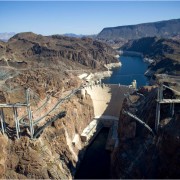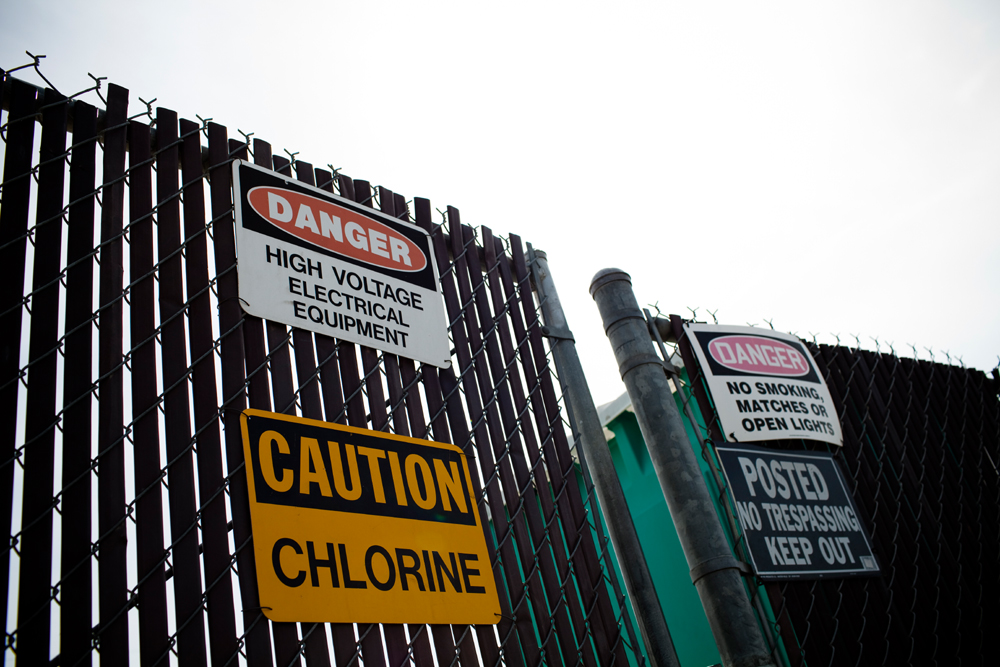Water: A hidden cost in alternative fuels?

Alternative fuels can be water-intensive. That’s according to a new report by researchers from the University of Texas at Austin. The report, Water Intensity of Transportation, highlights the hidden costs associated with extracting, refining and producing various fuel alternatives.
Co-authors Carey King and Michael Webber examine fuel sources as diverse as biofuels, compressed natural gas and fuel cell technology. Noting that traditional petroleum-based fuels consume little water, King and Weber conclude that alternative fuel sources might strain already stressed water resources.
“Due to water resource limitations at aquifers that are already being used intensively for food crop production, using those same aquifers for fuel production may exceed existing limits,” they say.
However, the authors note that the regional nature of water resources and weather patterns may allow different states to adapt different strategies.
“Future work needs to show the viable areas of the U.S. where each fuel can be mined, farmed, re?ned, and consumed to minimize the regional impacts while maximizing broad economic and policy objectives that include water resource and energy sustainability,” they explain.
Their report also recognizes that using wind or solar power for electric vehicles takes almost no water at all.
Read more here.
Source : Science Daily and Environmental Science & Technology
Circle of Blue’s east coast correspondent based in New York. He specializes on water conflict and the water-food-energy nexus. He previously worked as a political risk analyst covering equatorial Africa’s energy sector, and sustainable development in sub-Saharan Africa. Contact: Cody.Pope@circleofblue.org








Leave a Reply
Want to join the discussion?Feel free to contribute!